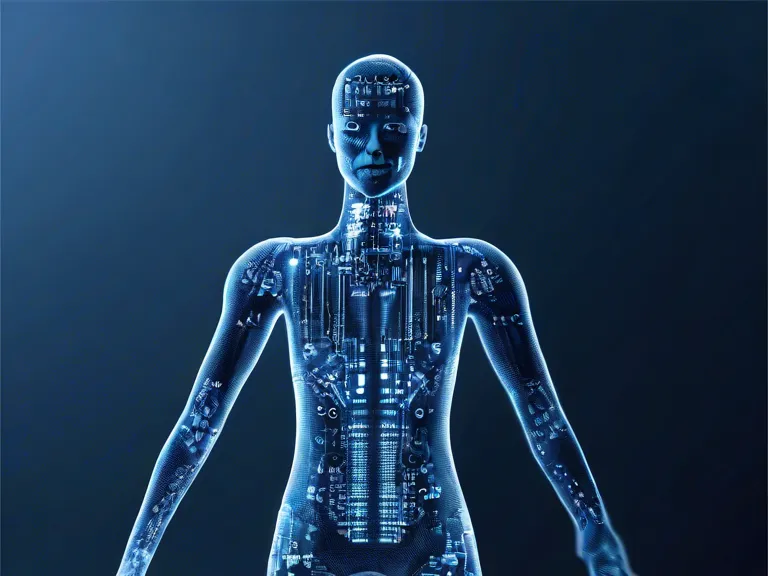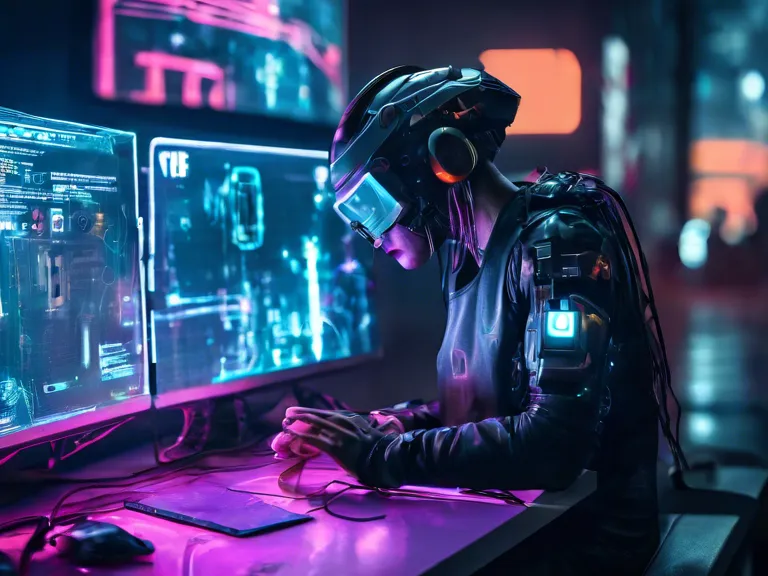
Artificial intelligence (AI) has been revolutionizing the way technology interacts with the world around us. From virtual assistants like Siri and Alexa to self-driving cars and automated chatbots, AI is shaping the future in unprecedented ways. With advancements in machine learning and big data analytics, the possibilities for AI seem endless.
One of the most significant impacts of AI is in healthcare. AI-powered diagnostics and treatment planning are improving patient outcomes and reducing healthcare costs. From predicting disease outbreaks to personalizing treatment plans, AI is transforming the way medicine is practiced.
AI is also changing the way businesses operate. Automated processes, predictive analytics, and personalized marketing are just a few ways AI is optimizing efficiency and driving revenue growth. Retailers use AI to analyze customer behavior and provide targeted recommendations, while manufacturers use AI to predict equipment failures and optimize production schedules.
In education, AI is revolutionizing the way students learn. Personalized learning platforms can adapt to individual student needs and provide real-time feedback to teachers. Virtual tutors and chatbots are helping students with homework and test preparation. AI is making education more accessible and engaging for students of all ages.
As AI continues to evolve, there are also concerns about ethics and privacy. Will AI take over human jobs? How can we ensure that AI algorithms are fair and unbiased? These are questions that society must address as AI becomes more integrated into everyday life.
In conclusion, the rise of AI is shaping the future with smart technology. From healthcare to business to education, AI is transforming industries and improving the way we live and work. With continued innovation and responsible implementation, AI has the potential to drive positive change and create a more sustainable future for generations to come.



